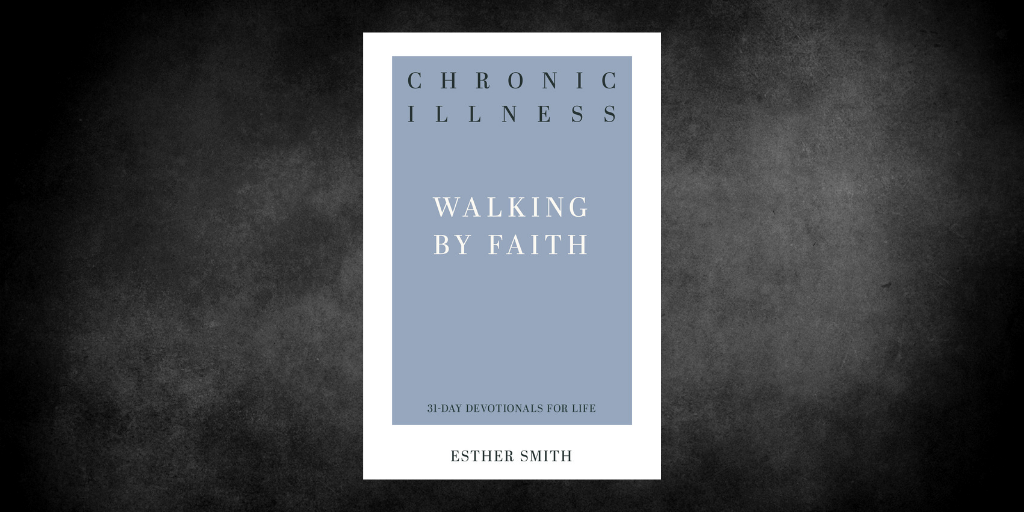Now faith is the assurance of things hoped for, the conviction of things not seen. (Heb. 11:1)
Many patients who have chronic illness wait for years to be diagnosed. This can be an immensely trying time. In addition to experiencing troublesome symptoms of unknown origin, patients are often disbelieved. Doctors are quick to doubt patient reports when blood work or imaging doesn’t show anything wrong. Often, it isn’t until years later that visible evidence of underlying disease processes begins to appear.
In my case, I experienced concerning symptoms for over a decade before receiving a diagnosis. During this time, many doctors believed that my symptoms were real, but others did not. Most people in my life were supportive, but some thought I was just stressed. After all, I looked completely healthy. Nobody could see my symptoms or feel my pain but me.
In those years before I received a diagnosis, I often left doctors’ appointments feeling defeated. How do you get doctors to take you seriously when the physical evidence is contrary to your experience? In frustrated moments, we wonder, “Why can’t they take me at my word? Why can’t they trust me?”
It’s hard to believe in what you can’t see. At the same time, visible evidence is not always an accurate indication of what is happening. Yes, this is true of our experiences with doctors, family members, friends, and strangers. But then it hit me—it is also true of the way we so often relate to God.
When chronic illness disrupts our lives, we sometimes think that because we can’t see evidence of God, he isn’t there. We think that because we can’t feel God’s presence, he’s not at work. We struggle when we read promises in Scripture that don’t seem true in our lives. God says he is good, but life is filled with suffering. God says he answers prayers, but it sure doesn’t seem that way. God says he loves us, but is life with chronic illness what love looks like?
Hebrews 11:1 says that “faith is the assurance of things hoped for, the conviction of things not seen.” Faith gives us two things: assurance and conviction. It gives us assurance that the hopeful things we read in Scripture are true. It gives us conviction that unseen things are real. The New King James Version uses the word evidence: faith is “the evidence of things not seen.” Faith is the evidence that enables us to take the leap between what our eyes can see and what God tells us in Scripture.
Faith is essential, because God is invisible. We can’t see God, so we have to take him at his word. Perhaps there will be times when God asks us the same questions that we ask our doctors: Will you trust me? Will you take me at my word? Just because you can’t see the things I tell you doesn’t mean they aren’t real.
—Esther Smith, Chronic Illness: Walking by Faith


Comments